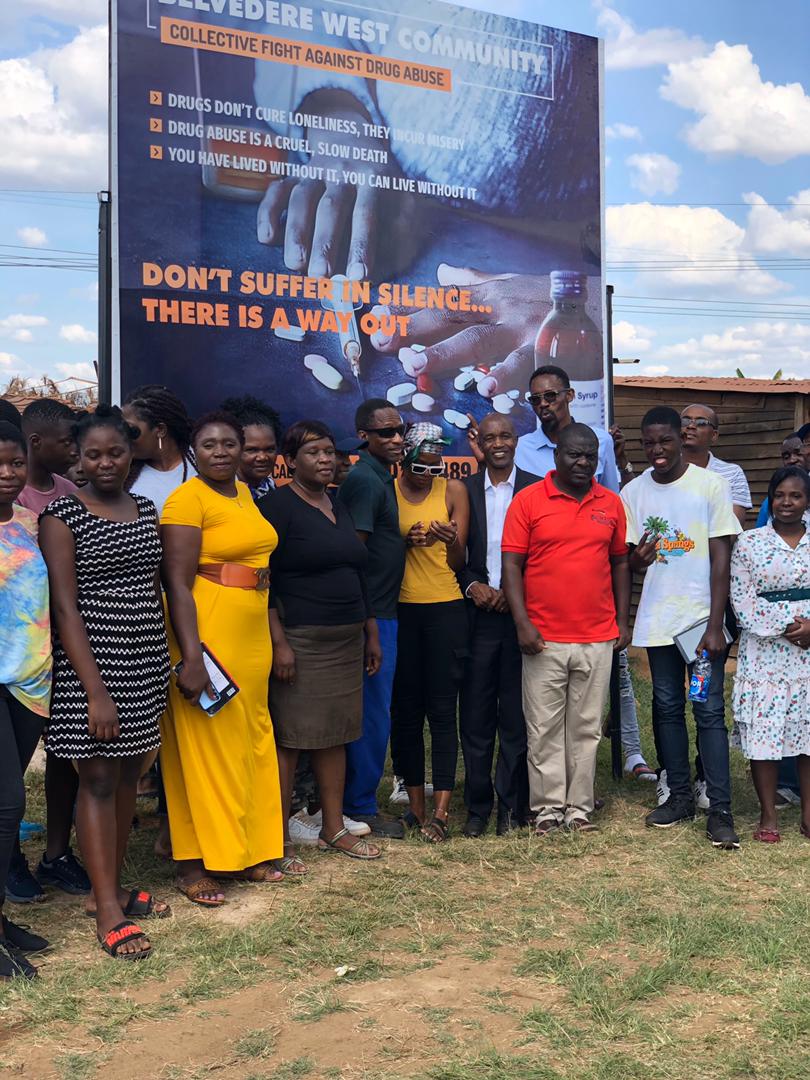|
Getting your Trinity Audio player ready…
|
By Marlvin Ngiza
Miracle Helping Hand Foundation in partnership with parents and church leaders has launched an anti-drug abuse campaign, which sought to address the situation at a grassroots level through having interactive dialogues with youth, particularly in hotspot areas.
The official launch was characterized by the official erection of billboards and face-to-face youth interactive meetings.
Speaking to Spiked Online Media, the organisation’s founder and team leader, Farayi Mujeni, said they were committed to complementing the government’s efforts to address the ill and believed that through these youth interactive meetings, adequate information was going to be disseminated to the youth and help to clearly locate the root of the problem.
“The exercise aims to unveil the root cause of our misery. We have seen the need to chip in when it comes to fighting drug and substance abuse and we strongly believe that with the full support of the church arm, it can be a voice of reason. The church brings love and healing for the body and mind since God is the ultimate solution,” said Mujeni.
Meanwhile, one of the partners, Watson Chitate, said that a stitch in time saves nine while revealing that they already conducted a campaign in Belvedere West where some few indications of the ill were identified believing that their approach was unique in providing in-depth teachings and suppressing the act before it has gone out of hand saying that cell groups were effective for the vice.
“We realized that if this scourge is not addressed, it will destroy our youth. It is very important that we begin to focus on our neighborhood. We are trying to address this issue before it goes out of control.
“We are going to ensure that each and every street has a champion to ensure that if there happen to be drug peddlers, the issue is quickly attended to because it’s similar to a cell group approach, “he said.
The foundation has so far carried out inclusive campaigns in Belevedere West and Waterfalls.
Statistics released in 2021 by the Zimbabwe Civil Liberties and Drug Network showed that 60 percent of psychiatric admissions were due to drug abuse, 80 percent of which were young people aged 16 to 25.
